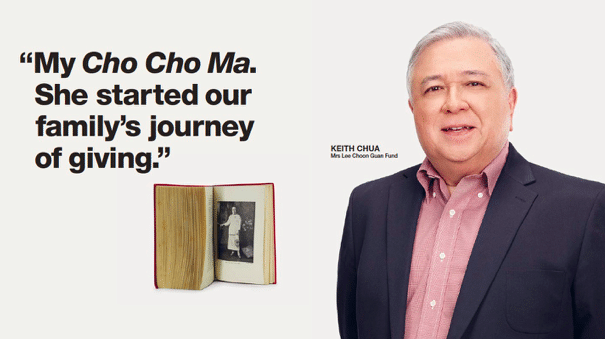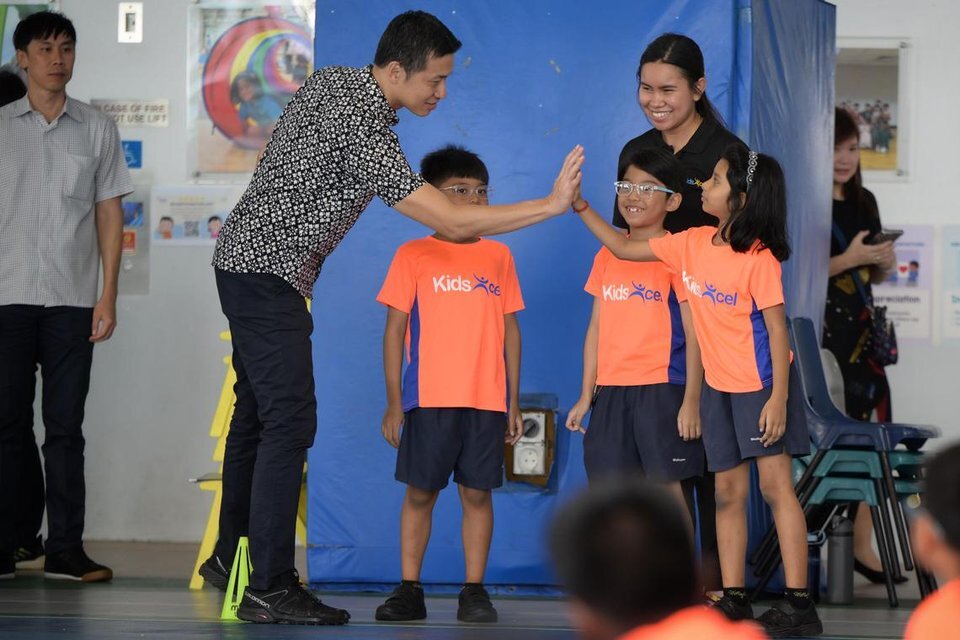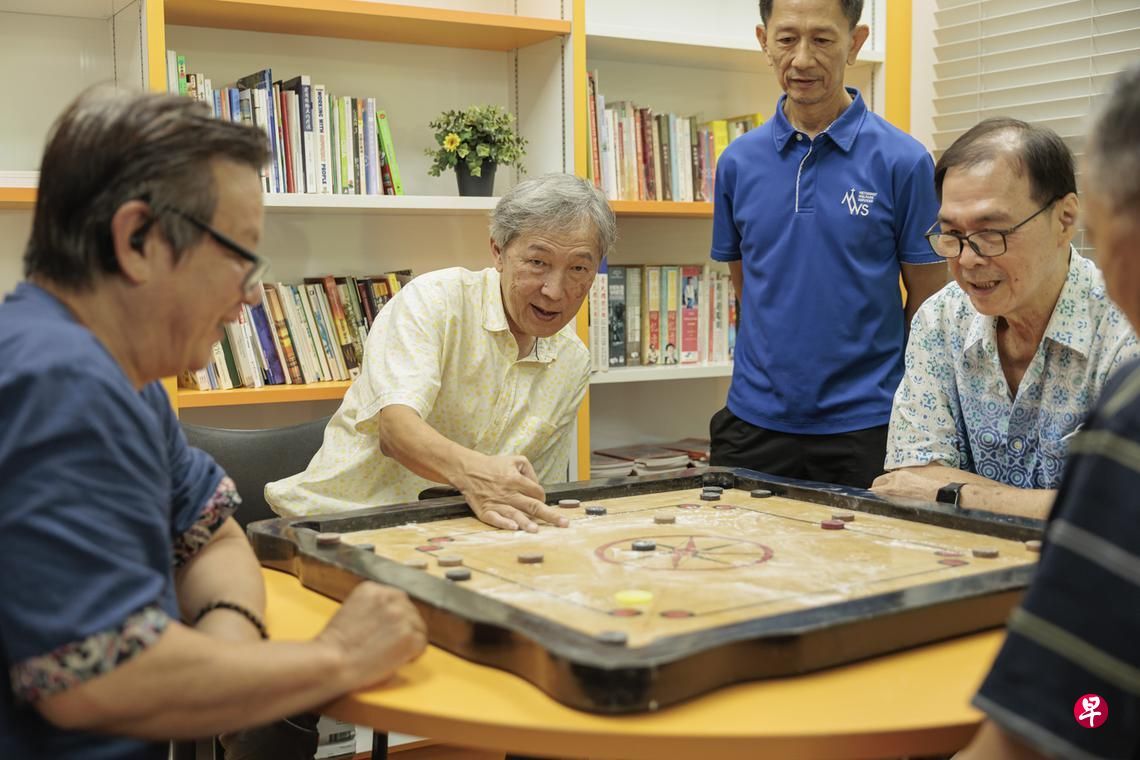Campaign Brief Asia: Community Foundation of Singapore partners with DDB Group to inspire philanthropy


DDB Group Singapore has lent a helping hand to the Community Foundation of Singapore (CFS) to develop an integrated marketing communications campaign to raise awareness for the philanthropic organisation among individual and corporate donors. The appointment and campaign coincide with the 10th anniversary celebration of CFS this year. Founded in 2008, CFS matches donors with philanthropic causes to drive positive change and create a lasting impact within communities.
“It’s a pleasure to partner an organisation like CFS – a hugely dedicated group of people working hard to enhance the lives of Singaporeans,” said Neil Johnson, Creative Chairman, DDB Group Singapore. “The campaign is rooted in our belief that true acts of giving is a culmination of life experiences, lessons and reflection.
A multimedia combination of video, digital, and print initiatives, the campaign titled ‘Portraits of generosity‘ features five donor stories, each sharing the motivation behind their decision to give, and why they chose CFS to manage their giving and achieve their goals in helping others. The DDB campaign sets out to inspire the same generosity in others and build a culture of giving in Singapore.
“DDB has done a wonderful job of creating a very relatable and engaging campaign,” said Yuen Yee Foong, Head of Marketing at CFS. “We are grateful to our donors for stepping up to tell their stories and hope that through these first-hand accounts of giving, others will realise that they too, have it in them to open their hearts and give back,” she added.
Since its launch in 2008, CFS has received over S$100 million in donations, set up more than 110 charitable funds, and given out S$60 million in grants in collaboration with over 400 charities supporting programmes that impact diverse communities. Donors are required to pledge a minimum of S$200,000 to establish a fund which can support charities and preferred causes across the sectors in Singapore.
DDB Group Singapore has lent a helping hand to the Community Foundation of Singapore (CFS) to develop an integrated marketing communications campaign to raise awareness for the philanthropic organisation among individual and corporate donors. The appointment and campaign coincide with the 10th anniversary celebration of CFS this year. Founded in 2008, CFS matches donors with philanthropic causes to drive positive change and create a lasting impact within communities.
“It’s a pleasure to partner an organisation like CFS – a hugely dedicated group of people working hard to enhance the lives of Singaporeans,” said Neil Johnson, Creative Chairman, DDB Group Singapore. “The campaign is rooted in our belief that true acts of giving is a culmination of life experiences, lessons and reflection.
A multimedia combination of video, digital, and print initiatives, the campaign titled ‘Portraits of generosity‘ features five donor stories, each sharing the motivation behind their decision to give, and why they chose CFS to manage their giving and achieve their goals in helping others. The DDB campaign sets out to inspire the same generosity in others and build a culture of giving in Singapore.
“DDB has done a wonderful job of creating a very relatable and engaging campaign,” said Yuen Yee Foong, Head of Marketing at CFS. “We are grateful to our donors for stepping up to tell their stories and hope that through these first-hand accounts of giving, others will realise that they too, have it in them to open their hearts and give back,” she added.
Since its launch in 2008, CFS has received over S$100 million in donations, set up more than 110 charitable funds, and given out S$60 million in grants in collaboration with over 400 charities supporting programmes that impact diverse communities. Donors are required to pledge a minimum of S$200,000 to establish a fund which can support charities and preferred causes across the sectors in Singapore.
- Related Topics For You: DONOR-ADVISED FUND, NEWS, PARTNERSHIP STORIES, STORIES OF IMPACT
.jpg)


